Natural disasters like wildfires and hurricanes can strike with little to no warning, leaving families with only moments to decide what to take and where to go. While the chaos of an emergency can be overwhelming, having a thoughtfully prepared emergency bag can provide a sense of control and security. Experts emphasize that being prepared ahead of time is key to ensuring a swift and safe evacuation. With the right supplies, you can protect yourself, your loved ones, and your pets during a disaster.
To help you prepare, HOLA! USA consulted three experts in disaster readiness. Jim Cobb, Editor-in-Chief of "Backwoods Survival Guide" magazine, shared his insights on creating a practical evacuation kit for individuals and families. Samina Taj, a representative from Human Appeal, a nonprofit specializing in global disaster relief, outlined must-have personal safety and hygiene items. Finally, Amber Batteiger, an animal emergency services and disaster relief expert, offered advice on preparing pets for evacuation. Each expert emphasized the importance of readiness, preparation, and tailoring your emergency bag to your specific needs.
From essential documents and medications to pet supplies and boredom relievers, here's everything you need to know to build an emergency bag that ensures you're prepared for fire, hurricane, or any other disaster.
What to Pack for Yourself and Your Family in Case of an Emergency
Jim Cobb suggests starting the packing process by imagining a three-day weekend trip. "What would you bring?" he asks. "Probably clothes, toiletries, any essential prescription meds, and your standard everyday carry items, right? That's a great base for an evacuation kit." From there, expand your bag to include items you wouldn't normally consider, such as emergency cash and important documents.
Cobb recommends digitizing your essential paperwork and saving it to a password-protected thumb drive. This can include scanned copies of your IDs, insurance information, a video inventory of your home, and treasured family photos. "If you have pets, don't forget to include their vet records," he adds. He advises packing goggles and a high-quality mask to combat potential smoke exposure, which can also be useful in other emergencies involving poor air quality.
Basic survival necessities are equally important. Pack at least 1–2 liters of water, a good-quality water filter, and enough food to sustain each person for 1–2 days. "This doesn't have to be gourmet," Cobb says. "Focus on calories that will keep you going." If you have small children, include diapers, wipes, formula, and other baby essentials. Women should also pack feminine hygiene products.
Cobb highlights the value of comfort items, like earplugs, an eye mask, or boredom relievers such as puzzle books or a deck of cards. "If you're staying at a motel or a friend's house, these can make a big difference." A portable radio is also a must, as it lets you stay informed about emergency broadcasts if cell towers are down.
Additional Essentials for Safety and Comfort
Samina Taj, whose nonprofit Human Appeal has years of experience in global disaster relief, emphasizes the importance of accessibility. "Your emergency bag should contain items you can grab quickly in a crisis," she says. Her must-pack list includes essentials such as a passport or ID, spare glasses or contact lenses, prescription medications, a first aid kit, ready-to-eat food, bottled water, and basic toiletries like soap and toothpaste.
Taj also recommends including gloves, a hat, and hand warmer heat packs for added comfort in adverse conditions. A change of clothing, including waterproof items, is essential, as is a mobile phone with a charger and power bank. "Don't forget to bring cash," she notes, "as power outages may make credit card transactions impossible."
Taj suggests packing small toys or books for families with young children to keep them entertained during an evacuation. These items may seem trivial, but they can help reduce stress for kids during a chaotic situation.
Preparing for Pets
Amber Batteiger, an animal disaster relief expert, stresses that pets should never be an afterthought during evacuations. "Wildfires and hurricanes are as stressful for pets as they are for humans," she explains. "A pet 'go bag' is essential for their safety and well-being."
Batteiger advises pet owners to include a week's supply of food and water, collapsible bowls, medications, and a favorite toy or blanket for comfort. "Make sure your pet has a collar with updated ID tags and is microchipped," she says. "Include medical records in a waterproof bag, waste bags, and a small litter pan if you have cats."
She also highlights the importance of protective gear for pets, including booties to shield their paws from hot surfaces or debris, pet goggles to protect their eyes, and saline spray to alleviate nasal irritation from smoke. Portable and extra water filters are especially critical, as local supplies may be contaminated during wildfires.
Final Thoughts on Emergency Preparedness
While no two emergencies are exactly alike, having an emergency bag ready can significantly reduce stress and improve your chances of a smooth evacuation. Start with the essentials: food, water, documents, and medications. Then, customize your bag to suit your family's unique needs, including supplies for babies, elderly family members, and pets.
As Jim Cobb puts it, "This isn't a comprehensive list, but it's a great starting point to get you thinking about what's best for your situation."
,type=downsize)

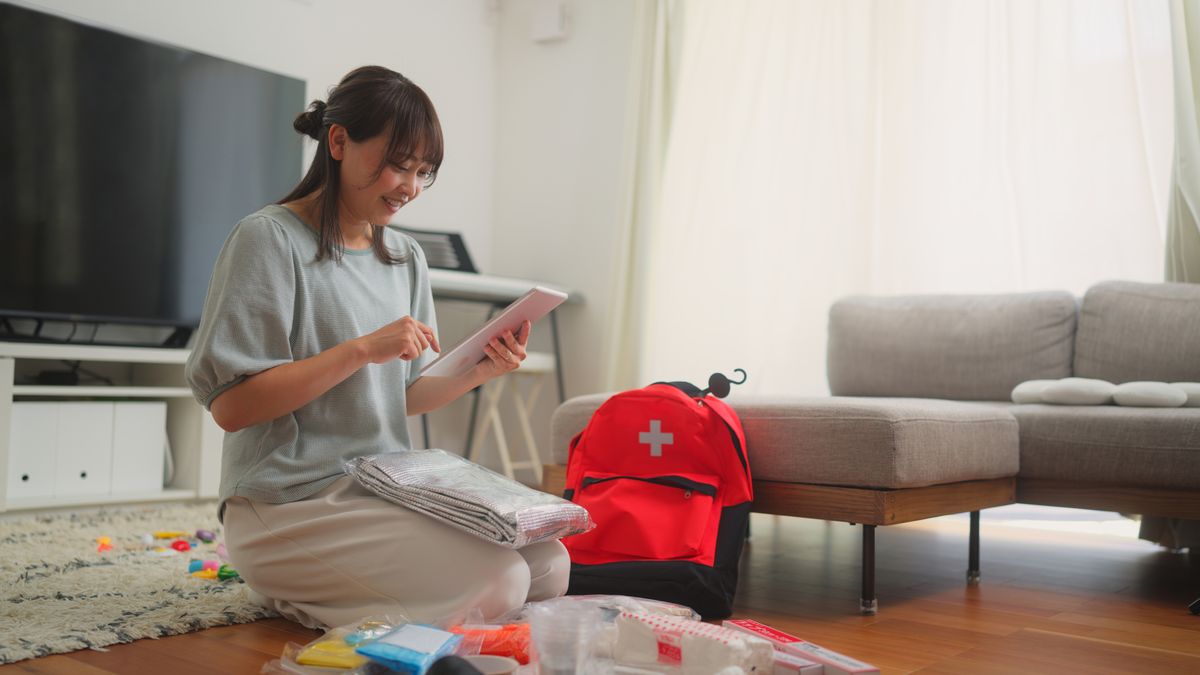
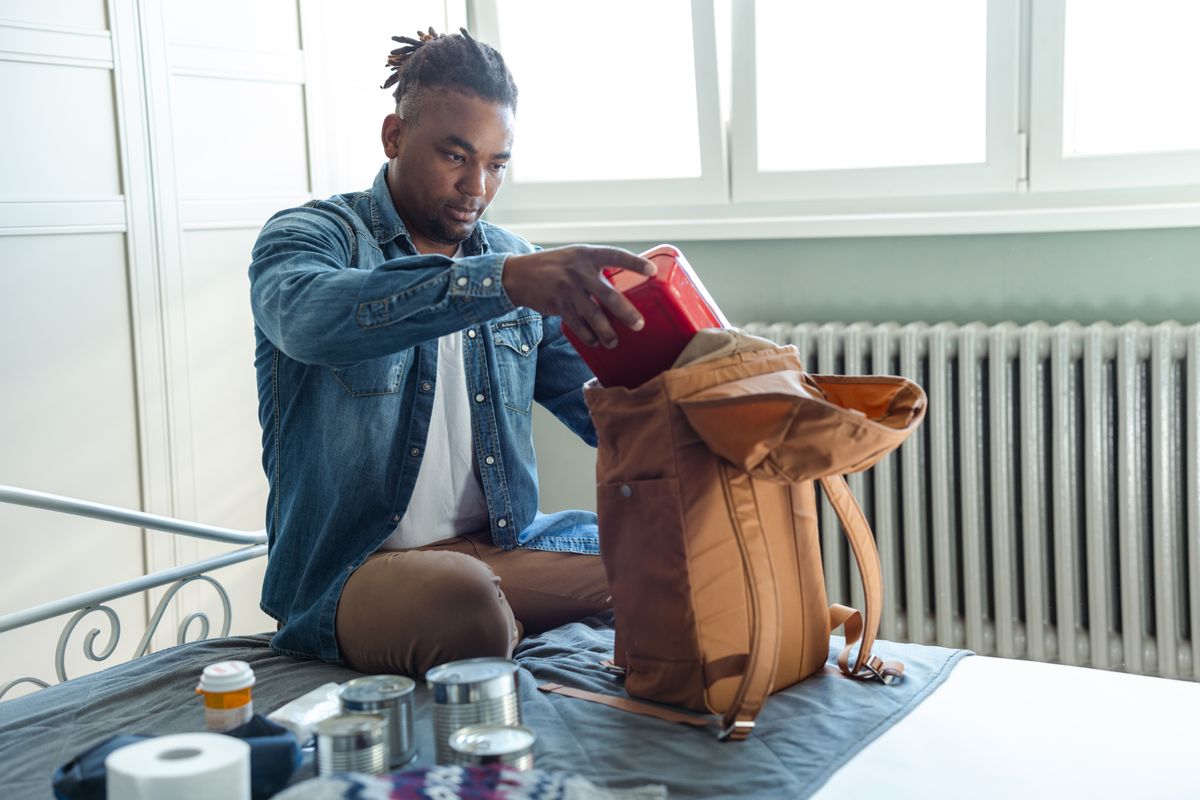
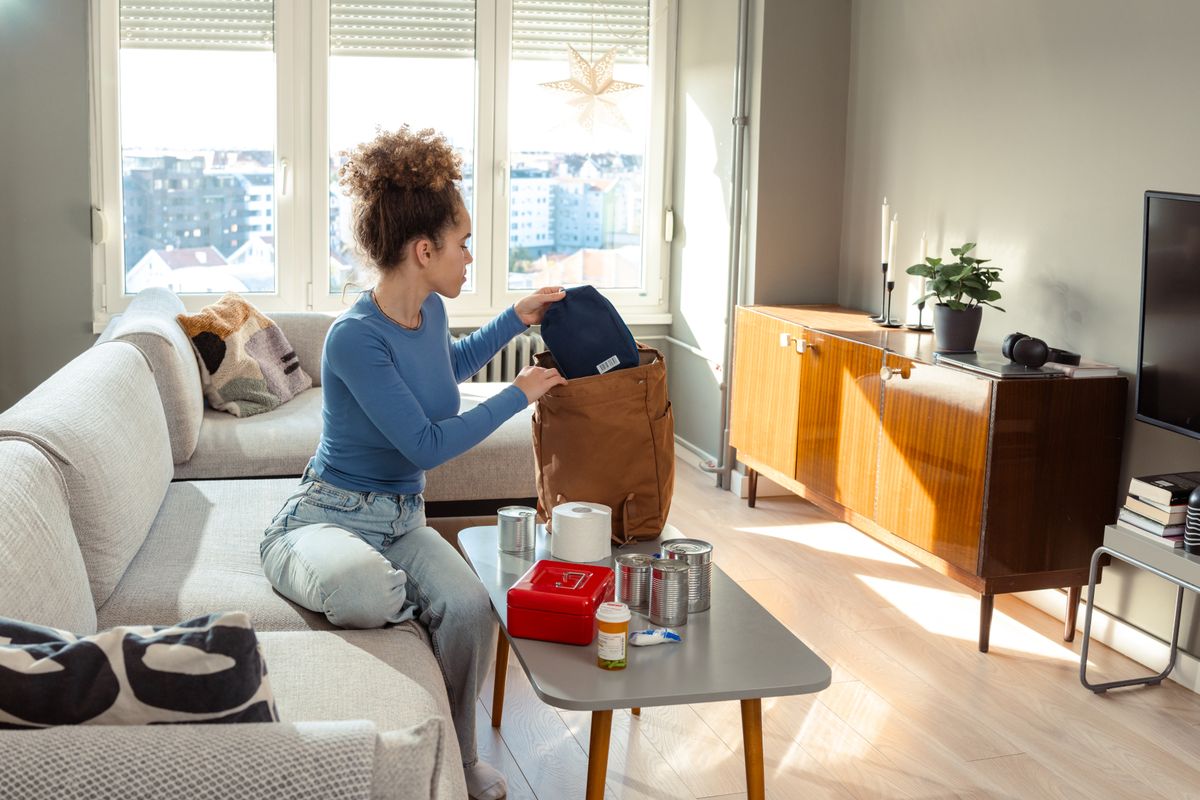
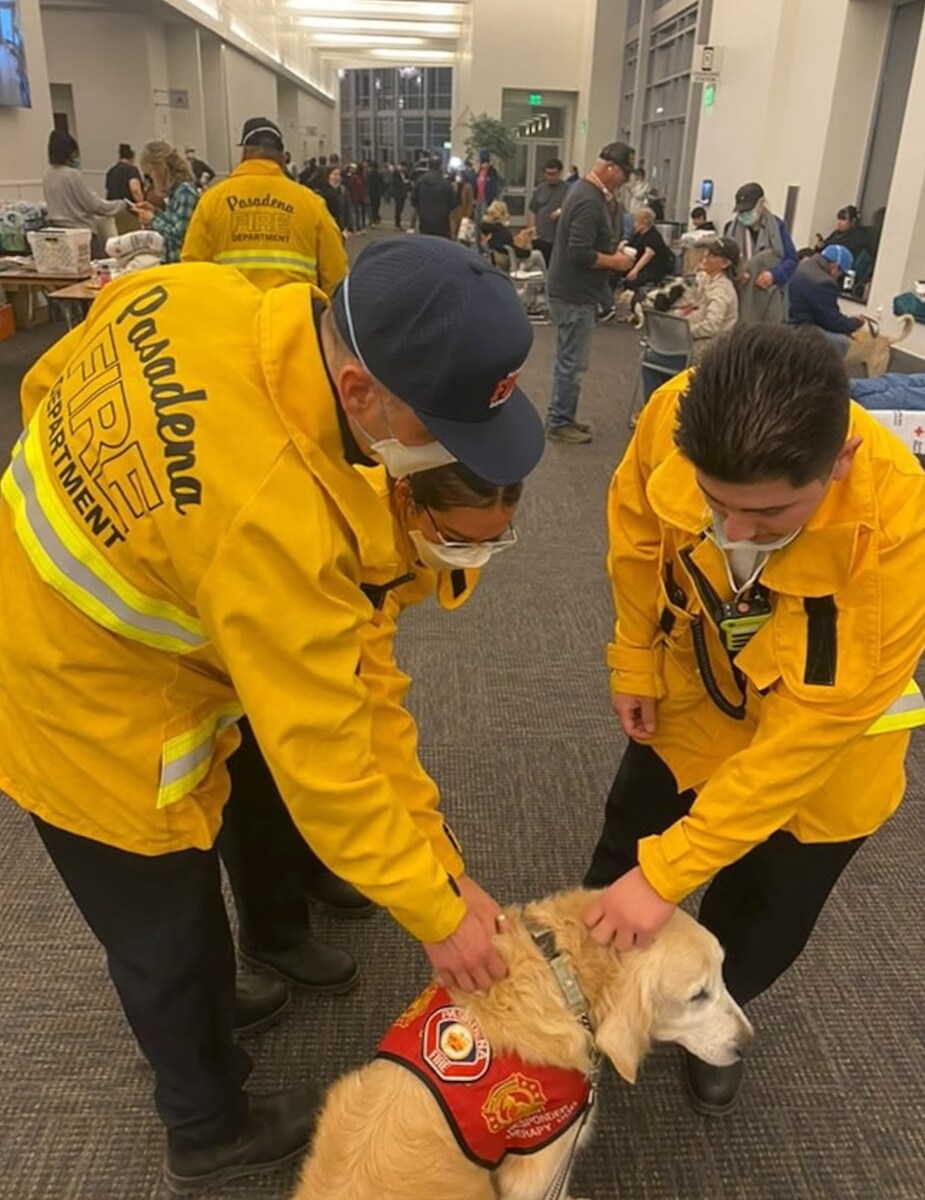
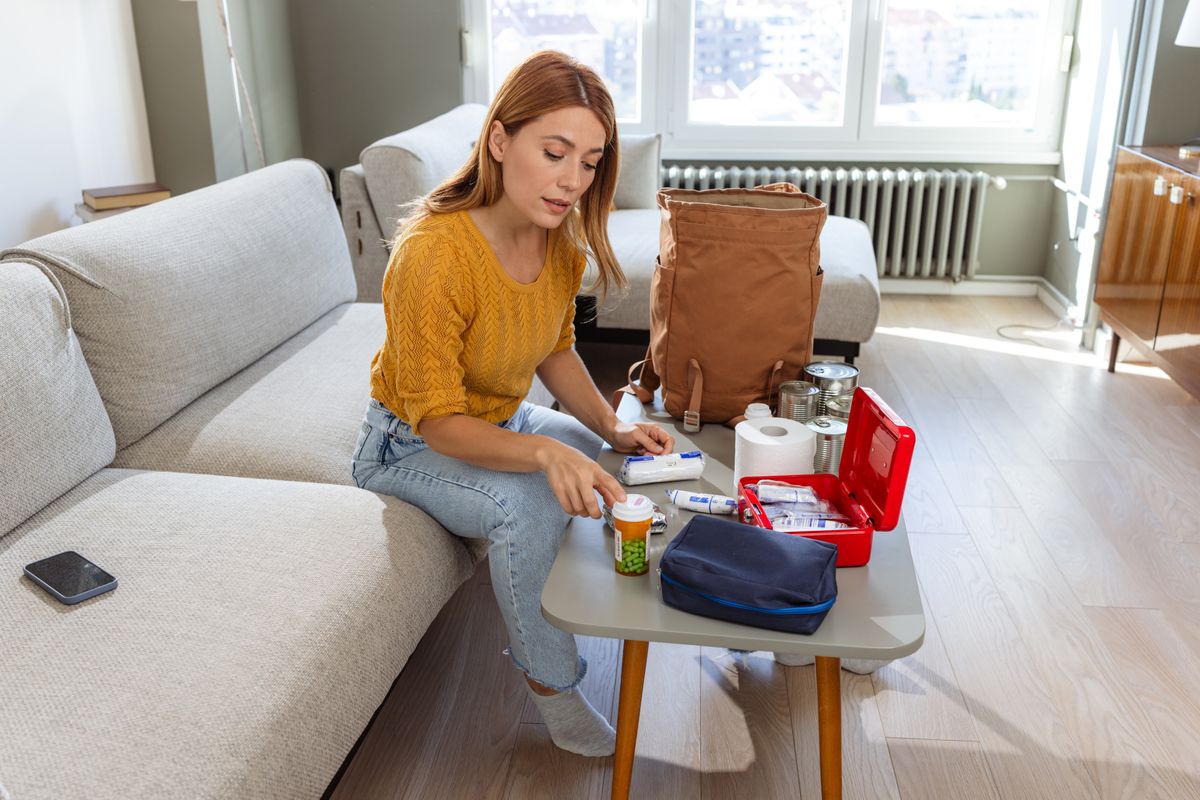



![[Pet of the week] Morocha’s miraculous journey: From a Venezuelan beach to a loving home in Los Angeles](https://www.hola.com/us/horizon/square/8560542bc921-screenshot-2025-06-13-at-54554-pm.jpg)